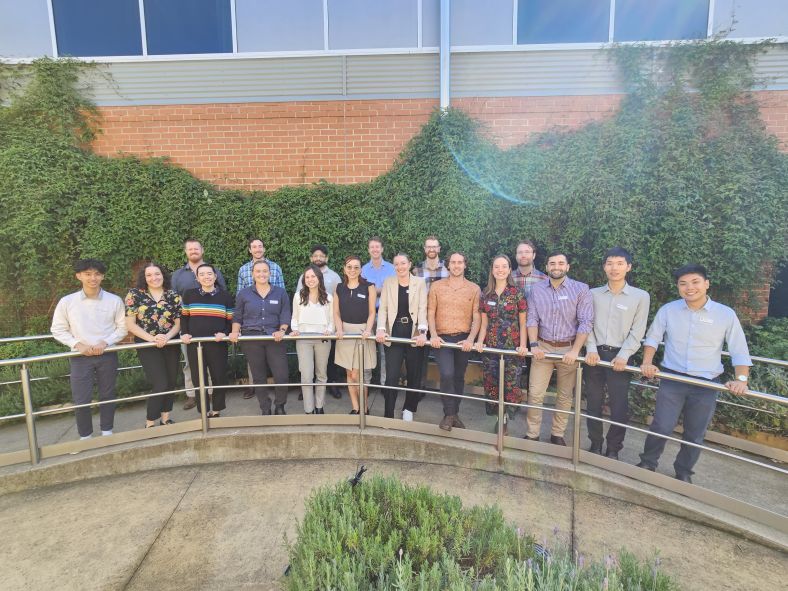More than 30 junior doctors have started work as interns with Western NSW Local Health District (WNSWLHD) this year, bolstering the medical workforce and providing a major boost to local health services.

Interns are doctors in their first year of work after graduation from medical school and are required to undertake a supervised year of practice in order to become independent practitioners.
The 2024 intake is among more than 1,000 new medical graduate interns who have commenced work across NSW Health, which is the highest annual intake of any state or territory in Australia.
Professor Mark Arnold, WNSWLHD Chief Medical Officer, extended a warm welcome to the new starters, many of whom began their two-week orientation across the District’s major hospitals in Orange, Bathurst and Dubbo on Monday morning.
“It’s a pleasure to welcome the 34 new junior doctors beginning work across our District this year, they will play a vital role in keeping our communities safe and healthy,” Professor Arnold said.
“We’re thrilled these young doctors have made the decision to begin their careers in our District, where they will have the chance to learn from our dedicated, experienced clinicians.
“The breadth of experience they will gain in regional hospitals and health facilities will be invaluable as they embark on what I’m sure will be long, successful careers in medicine.
“We’re committed to ensuring our new junior doctors have the best experience possible, in the hope they choose to remain in Western NSW long term. I hope to be able to meet with them all over the coming weeks and months.”
These new doctors starting their internship are entering a training program with networked hospitals throughout the state, which provides both formal and on-the-job training.
They receive two-year contracts to rotate between metropolitan, regional and rural hospitals to ensure diversity of experience. They also rotate between specialties to become skilled in the clinical care of patients in various settings, and the care of people undergoing procedures such as surgery.
The NSW Government is committed to building the health workforce of the future, rolling out a broad suite of initiatives that will better support patients, staff and communities.
This includes the implementation of safe staffing levels in hospitals, delivering an extra 500 regional and rural paramedics, doubling rural health incentives and rolling out health worker study subsidies.
More information on the recruitment of junior doctors can be found here: https://www.health.nsw.gov.au/jmo/Pages/default.aspx







